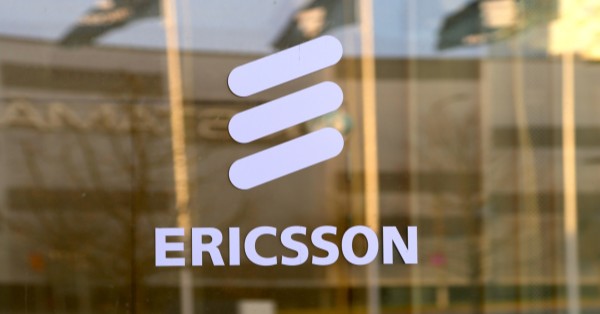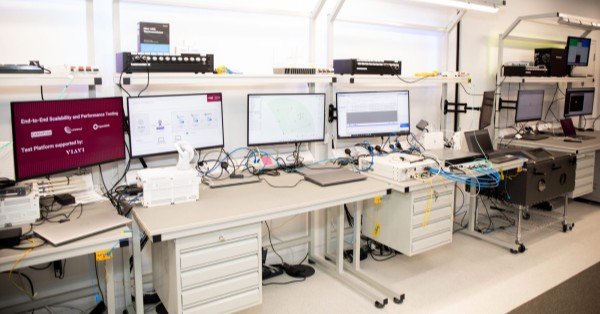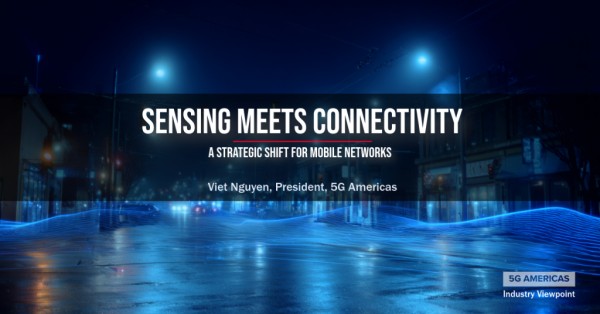Introduction
Nokia, a global leader in communication technology, has embarked on a transformative journey with Jacto, a renowned Brazilian multinational in the machinery sector, to deploy Latin America’s first industrial-grade private wireless 5G network specifically tailored for the agricultural machinery industry.
Challenges or Objectives
The agricultural machinery industry, especially in the expansive and diverse landscapes of Latin America, faces challenges in implementing autonomous handling, automated storage, and precision agriculture due to the limitations of existing network infrastructures. The objective is to establish a robust, scalable, and efficient 5G network that can seamlessly support the sophisticated operations of a smart factory, ensuring the optimal functionality of automated and digital technologies in agricultural machinery production.
Solution Implemented
Nokia has been entrusted to establish an industrial-grade private wireless network, utilizing 4.9G/LTE & 5G NSA technologies, within Jacto’s innovative 5G Smart Factory located in Pompeia, Sao Paulo, Brazil. This 96,000-square-meter facility will feature an automated painting system, autonomous vehicle handling, an automated storage system, and an advanced training center, all interconnected through the high-capacity, ultra-low latency 5G network.
Supporting Evidence
The 5G network, utilizing the 700 MHz band for 4.9G/LTE and the 3.7 GHz band for 5G, is designed to connect every facet of the smart factory, ensuring pervasive high capacity and ultra-low latency, which are crucial for the real-time operations of autonomous systems and digital technologies within the facility.
Why the Selected Technology Was the Right Choice?
5G technology, known for its high capacity and ultra-low latency, is pivotal in making the 5G Smart Factory concept a reality by ensuring seamless, real-time communication between various automated and digital systems. This ensures optimal functionality, efficiency, and reliability in operations, which is crucial for the sophisticated and interconnected systems within the smart factory.
Use Case Benefits
The deployment of the 5G network within the smart factory ensures enhanced operational efficiency, reliability in autonomous vehicle handling, precision in automated systems, and robust support for digital technologies, thereby ensuring optimal productivity and technological advancement within the agricultural machinery industry.
Industry Impact
This initiative sets a precedent for the agricultural machinery industry, showcasing the tangible benefits and operational enhancements enabled by 5G technology, potentially influencing further adoption and technological advancements within the industry across Latin America and globally.
Nokia’s Role
Nokia plays a crucial role in developing and deploying the industrial-grade private wireless network, providing the necessary technology, expertise, and complementary services, such as installation, configuration, training, and assisted operations, ensuring the robust, secure, and efficient functionality of the 5G network within the smart factory.
Partners for the Use Case and Their Role
Jacto, as the primary partner, is instrumental in implementing the 5G network within their smart factory, providing the necessary infrastructure, use cases, and operational framework for the deployment of the network, ensuring its optimal utilization and functionality within the agricultural machinery production processes.
Customer Endorsements
Fernando Gonçalves, President at Jacto, expressed confidence and satisfaction in choosing Nokia for this project, highlighting the quality, robustness, and scalability of the product as pivotal in meeting the objectives of their innovative project.




























